🥦 Introduction: Why Plant-Based Diets Need Extra Attention
As more people embrace vegetarian or vegan lifestyles for health, ethical, or environmental reasons, the benefits are widely praised — reduced risk of heart disease, lower cholesterol, and better weight management. However, these diets also come with potential nutritional pitfalls, especially when not properly planned. Many essential nutrients found abundantly in animal products are harder to obtain from plant-based sources, making vitamin deficiencies a common concern.
In this article, we’ll explore the most common vitamin deficiencies faced by vegetarians and vegans, their signs, and how to avoid them.
🩸 1. Vitamin B12 (Cobalamin)
Why It’s Important:
Vitamin B12 supports nerve function, red blood cell formation, and DNA synthesis.
🌱 Deficiency Risk:
B12 is naturally found only in animal products like meat, eggs, and dairy. Vegans are at high risk, and some vegetarians may also fall short over time.
⚠️ Symptoms of Deficiency:
- Fatigue or weakness
- Tingling hands or feet
- Memory issues
- Pale skin
✅ How to Prevent It:
- Take a B12 supplement (cyanocobalamin or methylcobalamin)
- Eat fortified cereals, plant milks, or nutritional yeast
🌞 2. Vitamin D
Why It’s Important:
Vitamin D is vital for bone health, immune support, and mood regulation.
🌱 Deficiency Risk:
Most Vitamin D comes from sunlight exposure and animal sources like fish or fortified dairy. Vegans and people who avoid the sun are more susceptible.
⚠️ Symptoms of Deficiency:
- Bone pain or fractures
- Muscle weakness
- Low mood or depression
✅ How to Prevent It:
- Get 10–30 minutes of sun exposure several times a week
- Take a Vitamin D3 supplement (look for vegan-friendly lichen-sourced versions)
- Consume fortified soy or almond milk
💪 3. Iron
Why It’s Important:
Iron carries oxygen in your blood and supports energy levels.
🌱 Deficiency Risk:
Plant-based iron (non-heme iron) is less easily absorbed than animal-based (heme iron), putting vegans and vegetarians at risk.
⚠️ Symptoms of Deficiency:
- Chronic fatigue
- Dizziness
- Pale skin
- Shortness of breath
✅ How to Prevent It:
- Eat iron-rich plant foods like lentils, tofu, chickpeas, and spinach
- Combine iron sources with vitamin C (like lemon or bell peppers) to enhance absorption
- Limit tea/coffee with meals — they reduce iron absorption
🦷 4. Calcium
Why It’s Important:
Essential for strong bones and teeth, muscle function, and nerve signaling.
🌱 Deficiency Risk:
Without dairy, calcium intake can be insufficient in vegan diets.
⚠️ Symptoms of Deficiency:
- Weak bones or increased fracture risk
- Numbness or tingling
- Muscle cramps
✅ How to Prevent It:
- Consume calcium-set tofu, tahini, almonds, and leafy greens
- Choose calcium-fortified plant milks and orange juice
- Consider a calcium supplement if needed
💊 5. Omega-3 Fatty Acids (EPA & DHA)
Why It’s Important:
Crucial for brain health, heart function, and reducing inflammation.
🌱 Deficiency Risk:
EPA and DHA are found primarily in fatty fish. Plant sources provide ALA, which converts poorly to DHA and EPA in the body.
⚠️ Symptoms of Deficiency:
- Dry skin or brittle hair
- Mood swings or brain fog
- Joint stiffness
✅ How to Prevent It:
- Eat chia seeds, flaxseeds, walnuts
- Take a vegan algae-based EPA/DHA supplement
💥 6. Zinc
Why It’s Important:
Zinc supports immune health, wound healing, and cell division.
🌱 Deficiency Risk:
Plant-based zinc sources contain phytates, which can reduce absorption.
⚠️ Symptoms of Deficiency:
- Weakened immunity
- Hair loss
- Slow wound healing
✅ How to Prevent It:
- Include pumpkin seeds, cashews, legumes, oats
- Consider a moderate-dose zinc supplement, especially for vegans
🍽️ 7. Iodine
Why It’s Important:
Essential for healthy thyroid function and metabolism.
🌱 Deficiency Risk:
Iodine is mostly found in seafood and dairy. Sea salt and Himalayan salt do not contain iodine unless iodized.
⚠️ Symptoms of Deficiency:
- Fatigue
- Weight gain
- Goiter (enlarged thyroid gland)
✅ How to Prevent It:
- Use iodized salt
- Consume seaweed like nori or kelp in moderation (avoid excess)
- Take a vegan iodine supplement if necessary
📝 Final Thoughts: Plan Smart, Stay Healthy
Adopting a vegetarian or vegan lifestyle can be incredibly healthy, sustainable, and ethical — if done right. Regularly monitor your nutrient intake, consider blood tests, and don’t hesitate to use fortified foods or supplements where needed. Being informed is the first step to thriving on a plant-based diet without risking your health.
📌 Quick Tips for Vegans and Vegetarians:
- ✅ Track key nutrients using apps like Cronometer
- 🥗 Diversify your meals to avoid nutrient gaps
- 💊 Supplement wisely, especially B12, D, and Omega-3
- 🧪 Get tested annually for common deficiencies
ABOUT THE AUTHOR
Dr. Nora West is a highly skilled MBBS doctor with a special interest in women’s health and patient education. She is dedicated to providing compassionate care and believes in building strong doctor–patient relationships based on trust and understanding. Dr. Nora focuses on empowering her patients with the knowledge they need to make informed decisions about their health. She is particularly passionate about preventive medicine, nutrition, and lifestyle interventions that can significantly improve quality of life. Known for her warmth and professionalism, Dr. Nora combines evidence-based medicine with a personalized approach, ensuring every patient feels supported on their journey to better health.
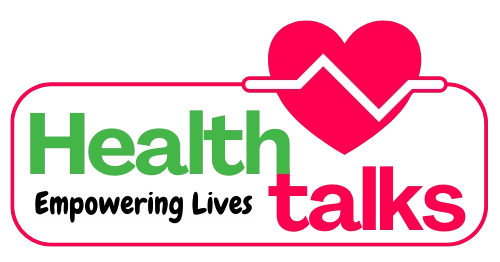
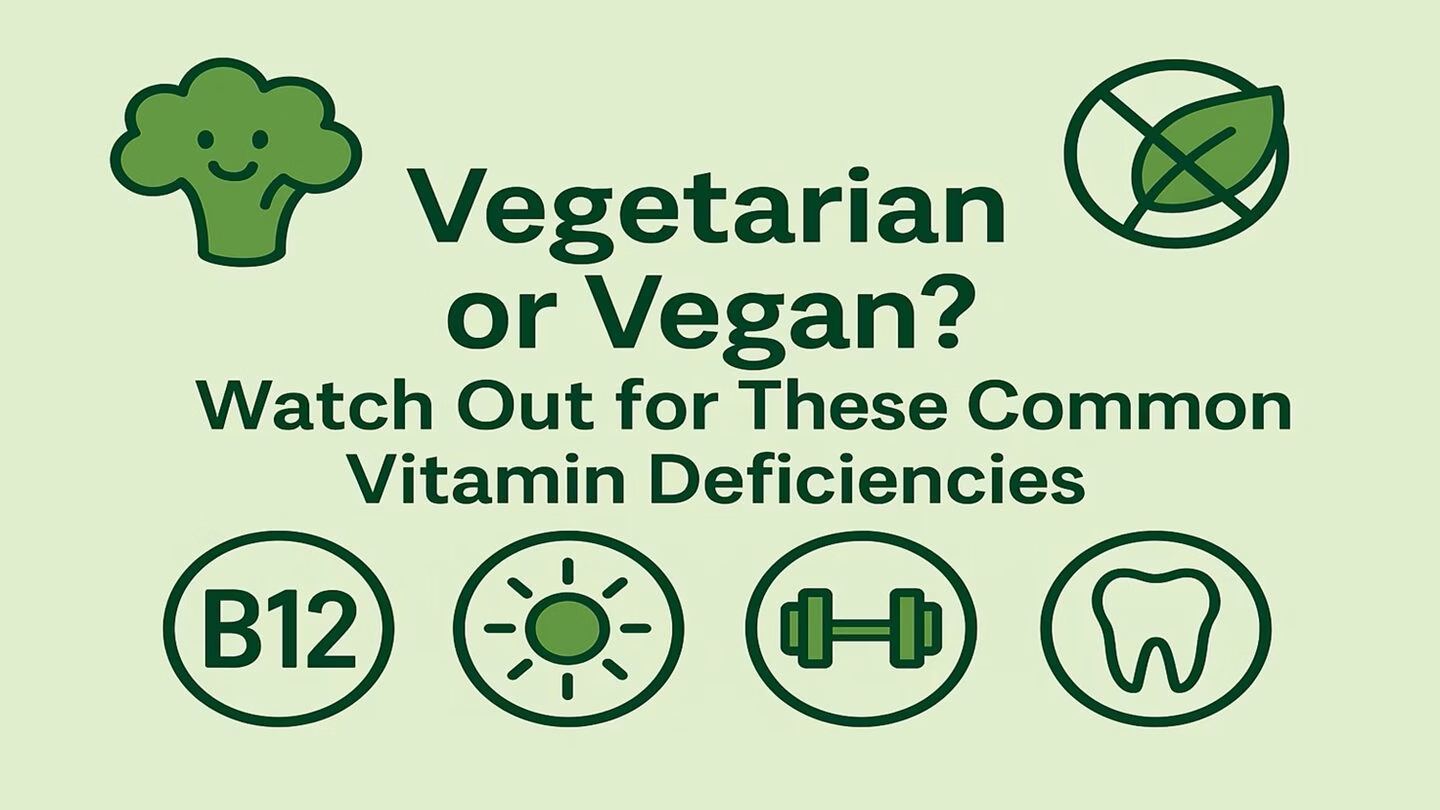
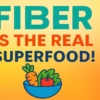
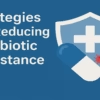
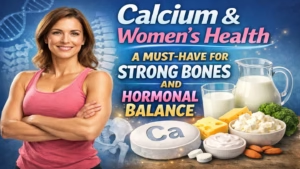
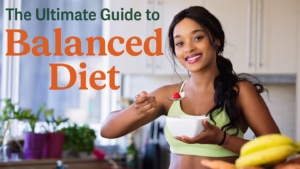
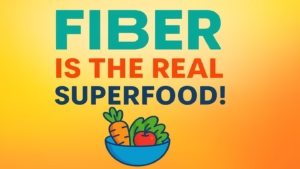
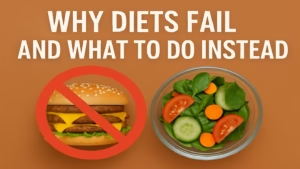
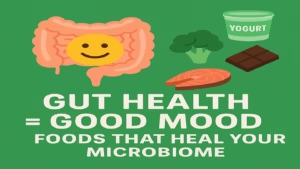
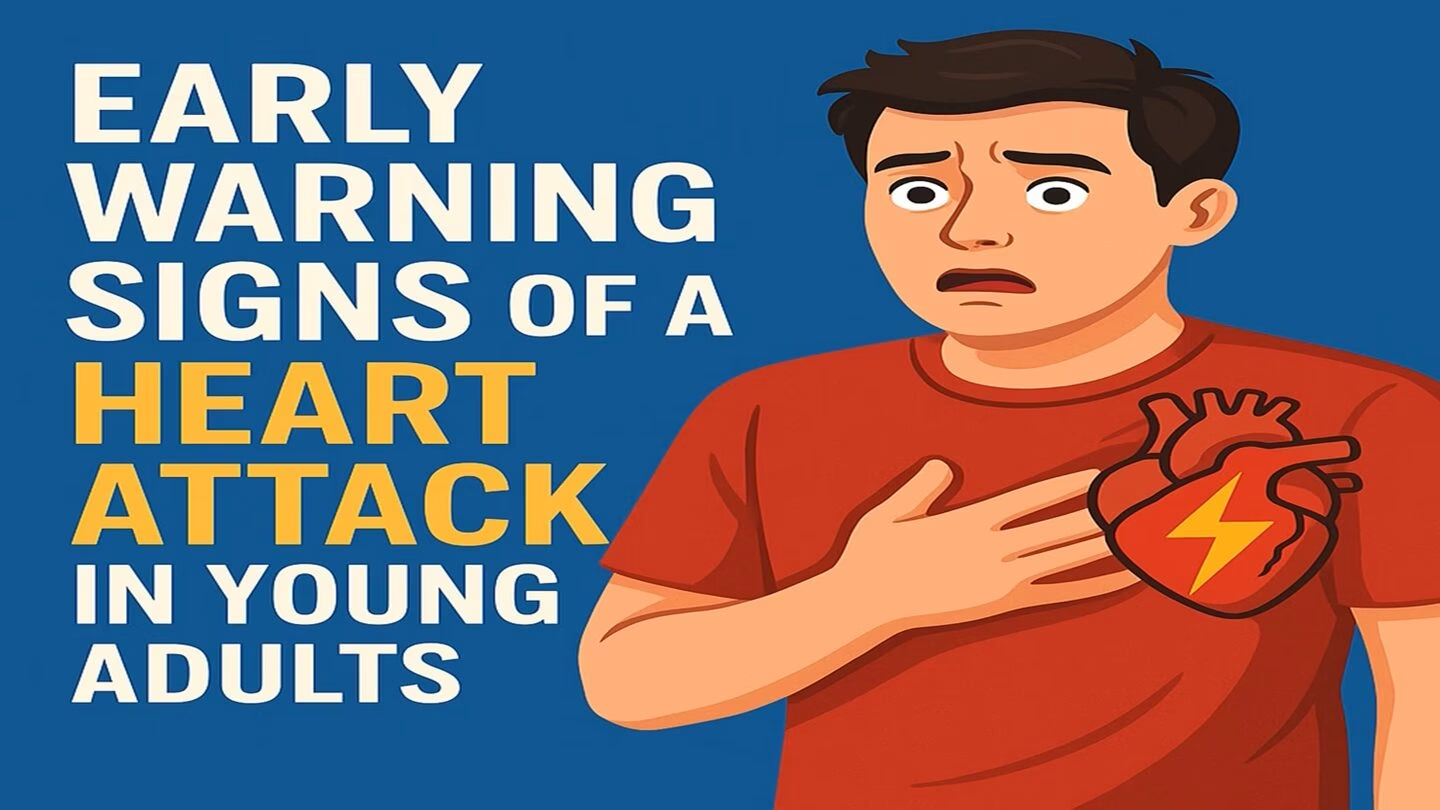
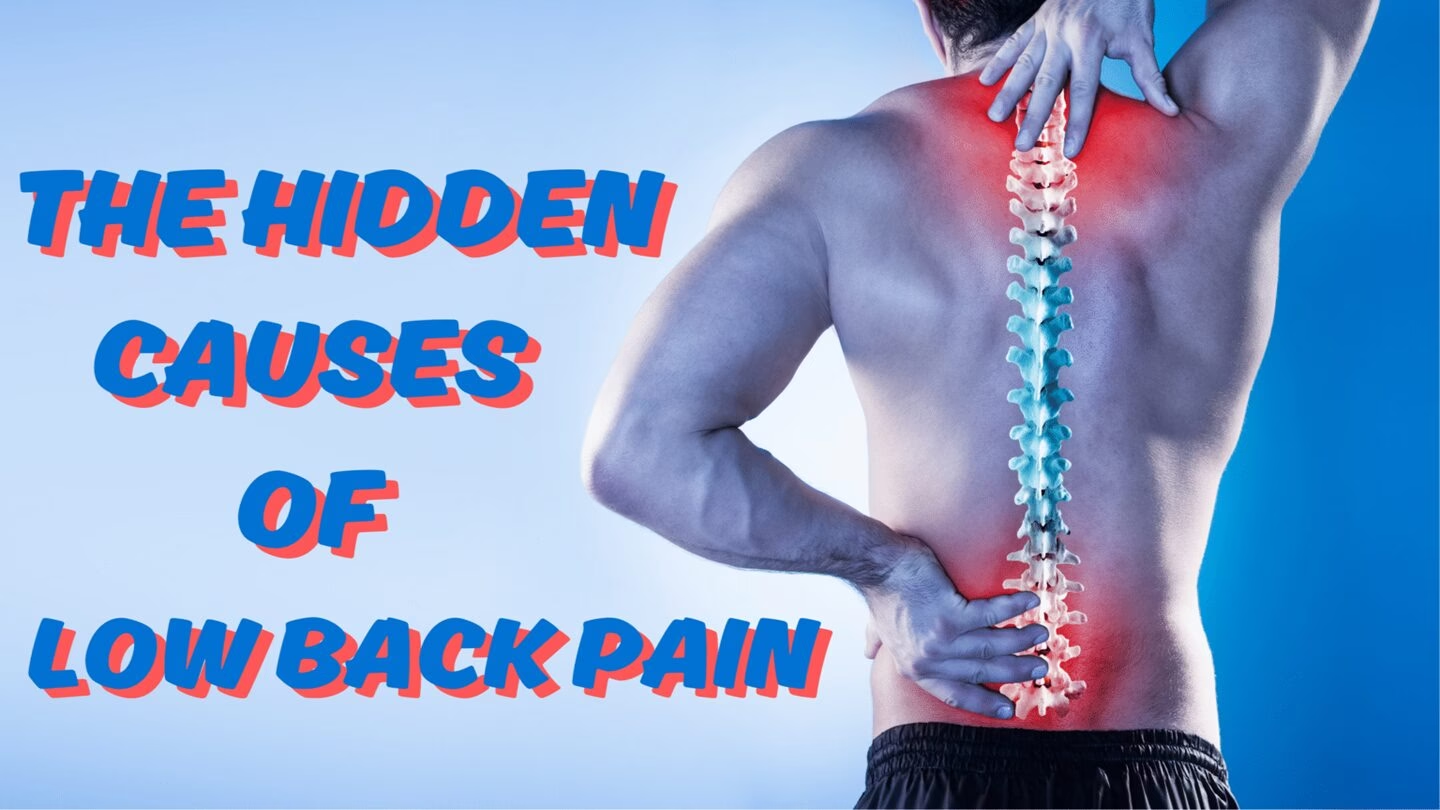
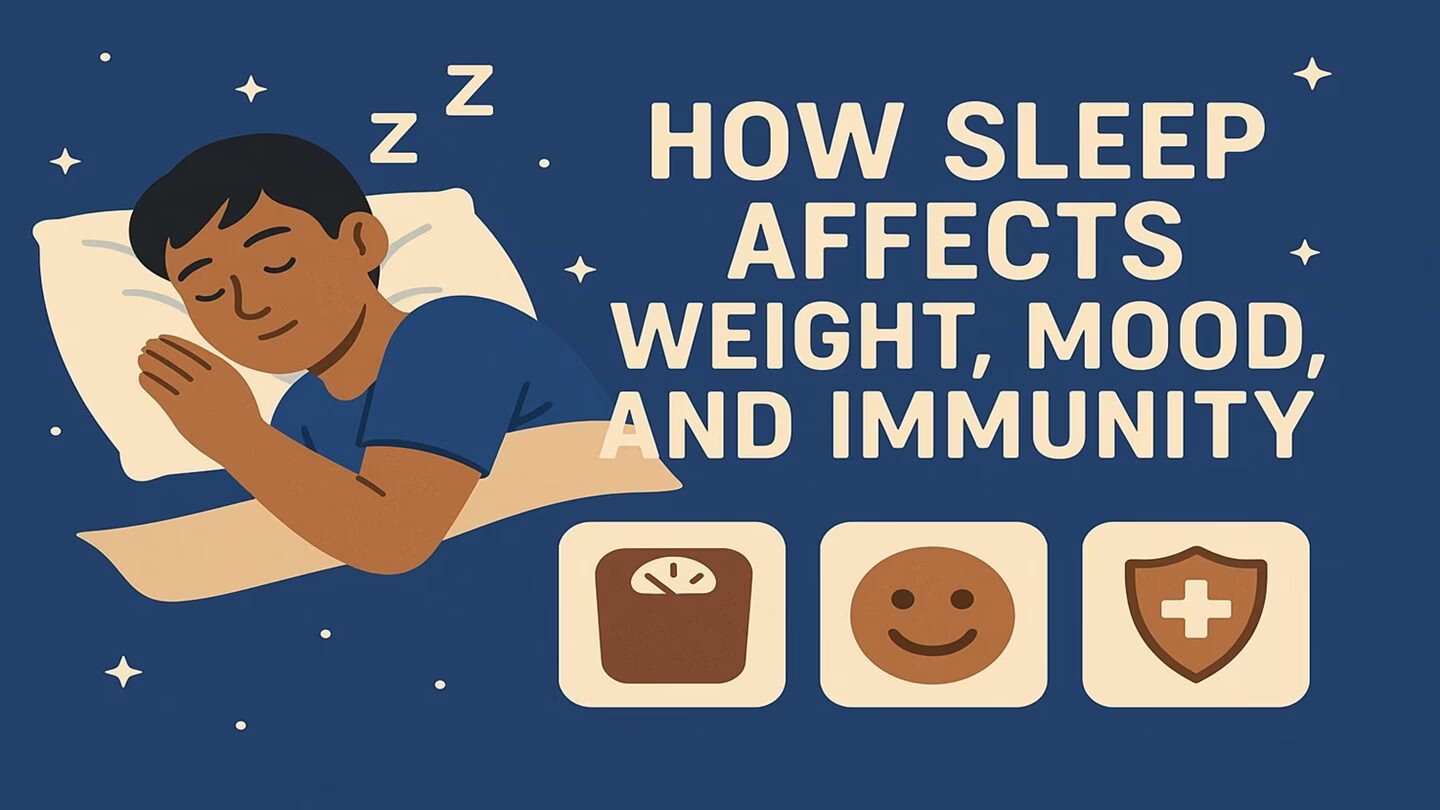
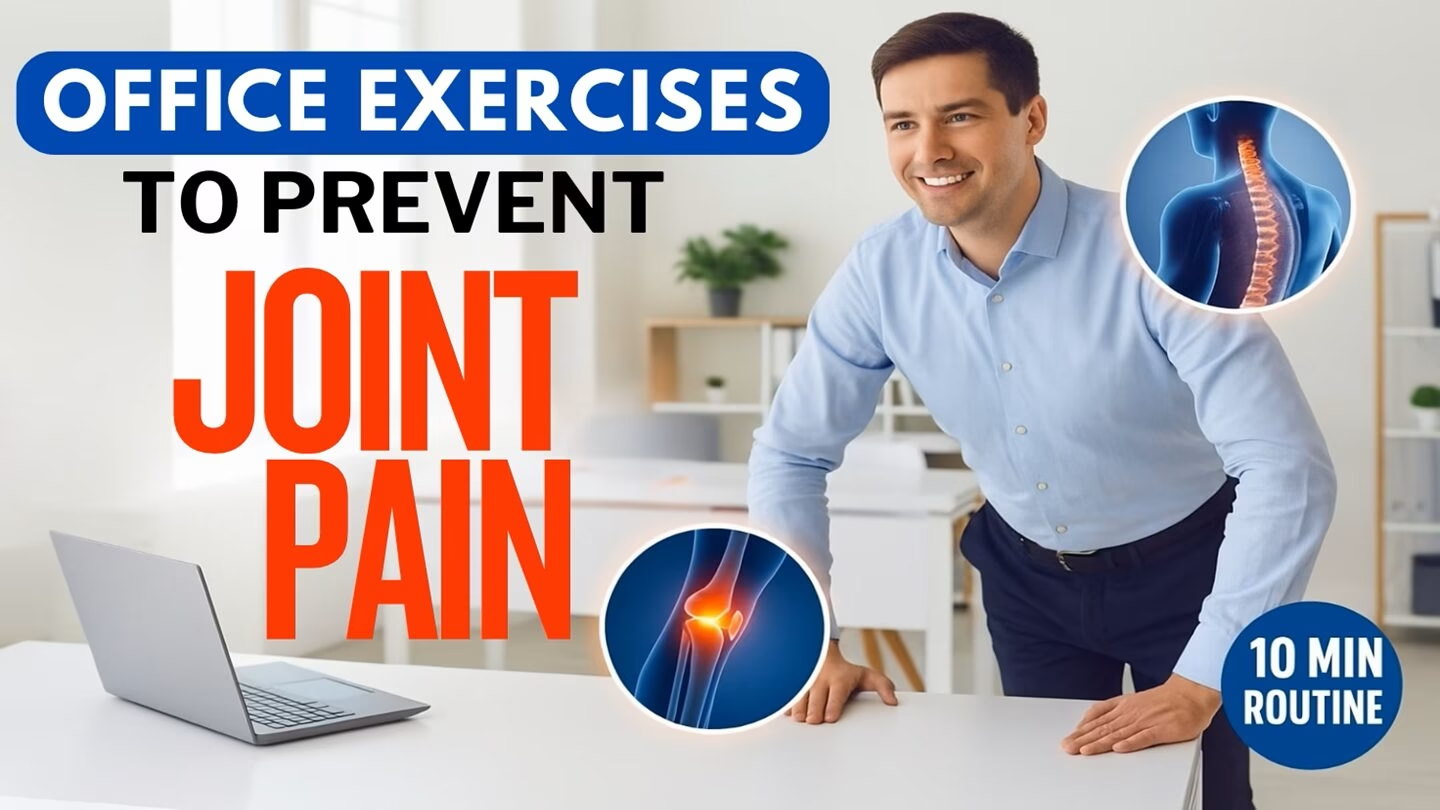
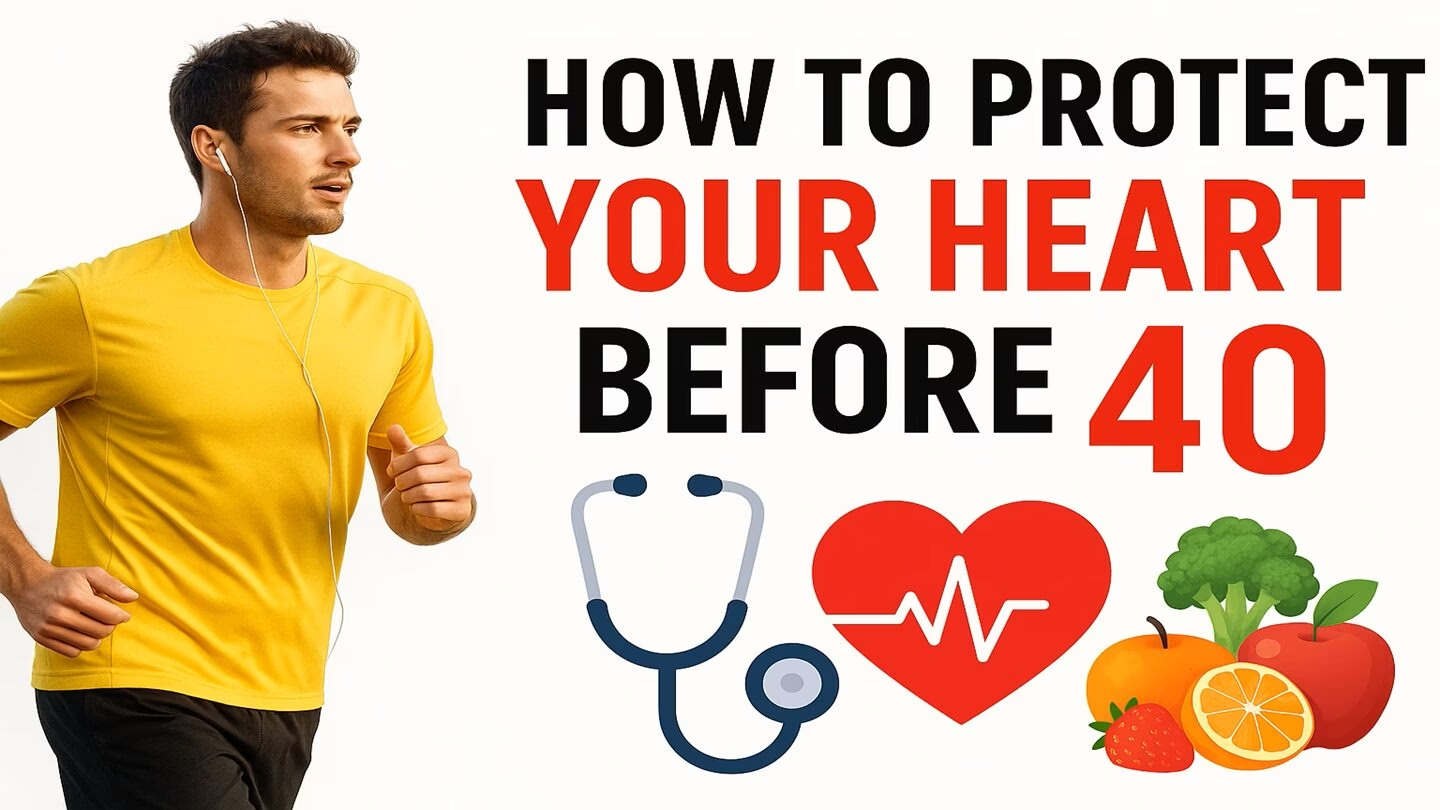
Add comment